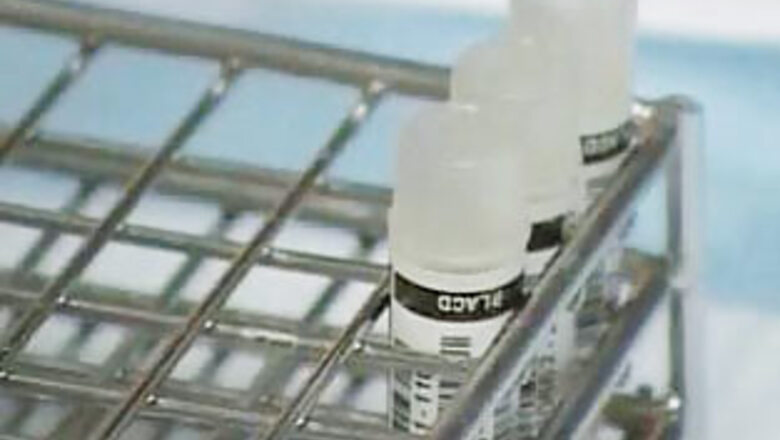
views
Toronto: In a welcome news for HIV patients, Canadian and American researchers have found new ways to increase effectiveness of the current drugs to fight the deadly disease.
Currently, HIV/AIDS patients are treated with highly active anti-retroviral therapy (HAART) that involves at least three active anti-retroviral medications. The HAART 'cocktail' is suppresses viral replication in the blood.
Although HAART delays the progression of AIDS and prolongs life, it does not lead to cure of the disease.
But now researchers from Montreal University, McGill University, and the Vaccine and Gene Therapy Institute of Florida (VGTI) have published a new study that may lead to an expansion of the role of the current drug arsenal used to fight HIV.
The joint study, published in the journal Nature Medicine, shows how the pivotal role of two molecules, PD-1 and IL-10, can influence the function of CD4/T-helper cells and alter their ability to fight HIV, a statement by Montreal University said Monday.
"Our findings show that the membrane protein PD-1 is up-regulated during HIV infection by the release of bacterial products from the gut and this subsequently increases the production of a cell derived factor, IL-10 that paralyses the immune system," lead author Rafick-Pierre Sekaly has been quoted as saying.
"We are the first to show that these two molecules work together to shut down the function of CD4 T-cells in HIV patients. This in turn, may lead to paralysis of the immune system and an accelerated disease progression.
"Our results suggest that it is important to block both IL-10 and PD-1 interactions to restore the immune response during HIV infection," said Sekaly.
"We believe that immunotherapies that target PD-1 and IL-10 should be part of the arsenal used to restore immune function in HIV-infected subjects," he added.




















Comments
0 comment